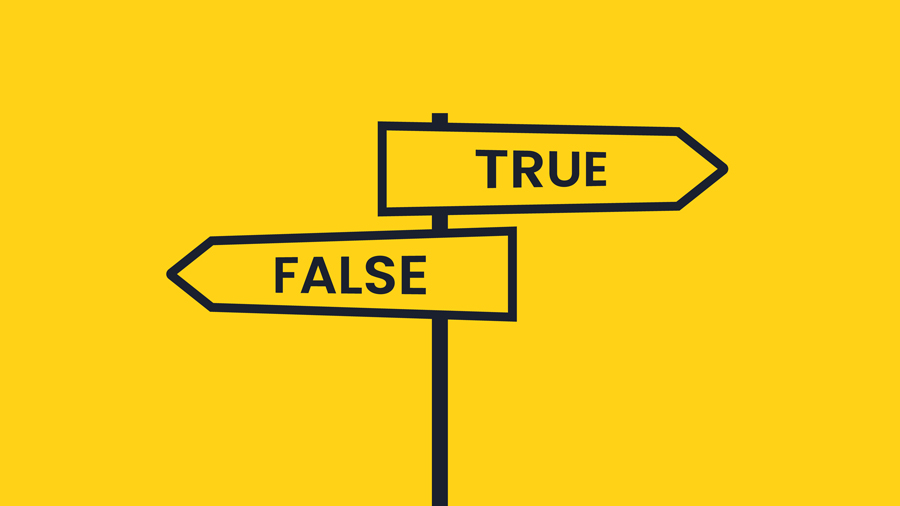For the past few days, an audio clip has been circulating on WhatsApp, alerting residents of Calcutta about an armed gang operating in the dead of night.
The speaker does not introduce himself; he refers to a “most respectable family” that he knows, living at Mukundapur on the southern fringes, and narrates its plight. It is 2 in the night when the doorbell rings, waking the family from its slumber. It rings persistently, arousing both dread and a sense of helplessness.
When the gentleman goes up to the first floor balcony and looks out, he spies a team of uniformed policemen, armed and vociferous, at his gate. When he asks them what the matter is, they say they are questioning the neighbourhood on an unoccupied building in the vicinity.
Smelling a rat, he tells the “policemen” that he will answer their queries from the balcony, to which the posse replies that the men needed to enter the house as some documentation was necessary. Fortunately, better sense prevails and the gentleman replies if that was the case they should return during the day.
The message mentions that “they” (there is no clarifying who that might be) tried to garner data and identified police stations like Mukundapur, Rajpur and Baruipur in South 24 Parganas. When I checked, the Calcutta police ruled out its authenticity, although the clip has gone viral.
The credibility is not questioned by those sharing this message because, as the clip itself points out, the pandemic has not only rendered thousands in the city jobless, but also spawned criminal networks.
Women accompanied by young children seeking alms are a common sight in the lanes and bylanes during the afternoon, as are men looking for odd jobs to eke out a living.
Most localities have elderly residents living alone, their children having settled in other cities or abroad. When they are sent messages like these, they panic. Relatives and friends forward the clips in order to “alert” their senior citizen acquaintances, without stopping to verify the contents.
This reminds one of the ancient Greek philosopher, Socrates, who always insisted on a ‘triple filter test’ to verify the authenticity of what was being said, canards included. “The first filter is truth. Have you made absolutely sure that what you are about to tell me is true?” he would ask.
If we were to apply this principle to the narrator of the message, should he not have checked with the police first before alarming all the recipients so convincingly? Or added the phone number of the local police station to the message?
Socrates’s second test was that of goodness. “Is what you are about to tell me something good?” he would query. “You want to tell me something that may be bad, even though you’re not certain it’s true?”
To those forwarding this clip without a second thought, this is precisely the checkpoint. What is the necessity of triggering alarm if the facts have not been authenticated by a proper source, in this case the police?
The final filter of the Greek philosopher was that of usefulness. This is the only one that may be touted by those taking social media by storm. But while they may consider the piece of information to be of use to potential victims about criminals on the prowl, they need to apply a set of parameters that ensures constructive communication.
Most citizens are already in a state of anxiety given the unprecedented pandemic. When social media “alerts” trigger hysteria that cannot be assuaged without remedial measures, those who proffer such sage advice should coordinate with the law-keepers. Or accept that the onus of safeguarding mental health, the likeliest casualty in the circumstances, is on them.










